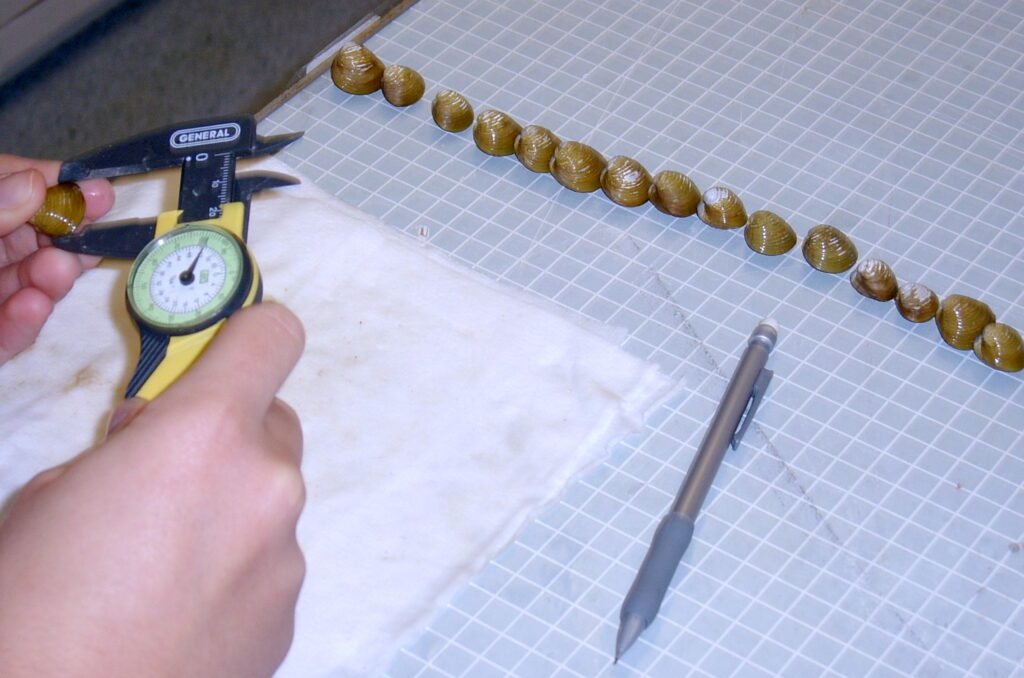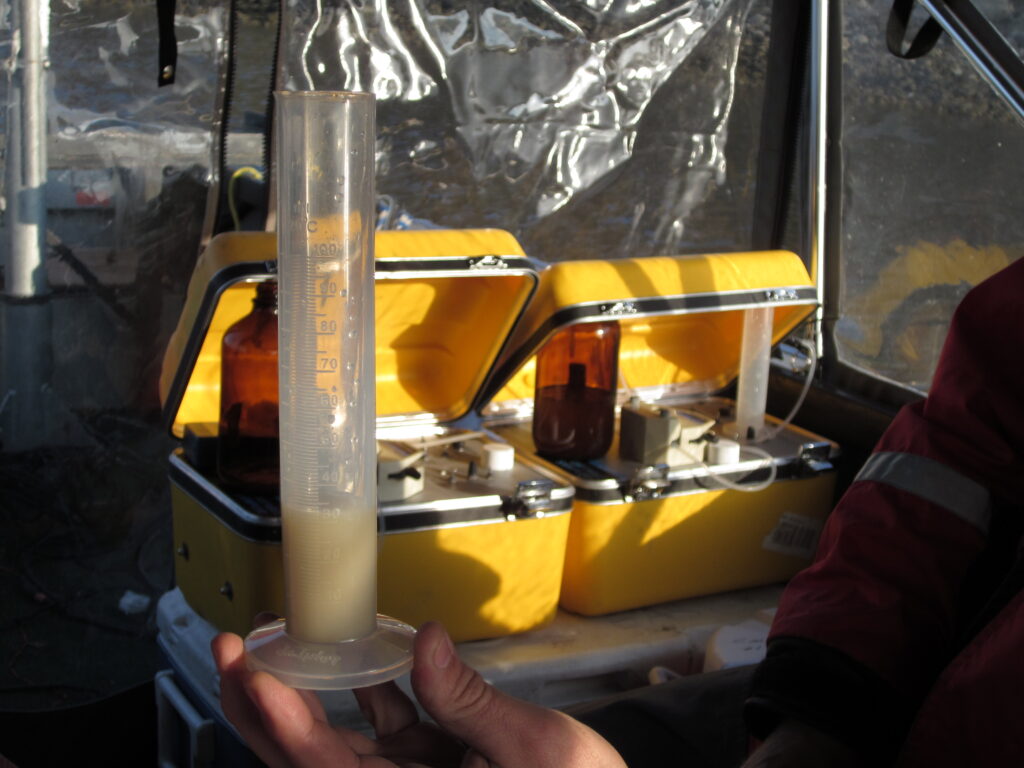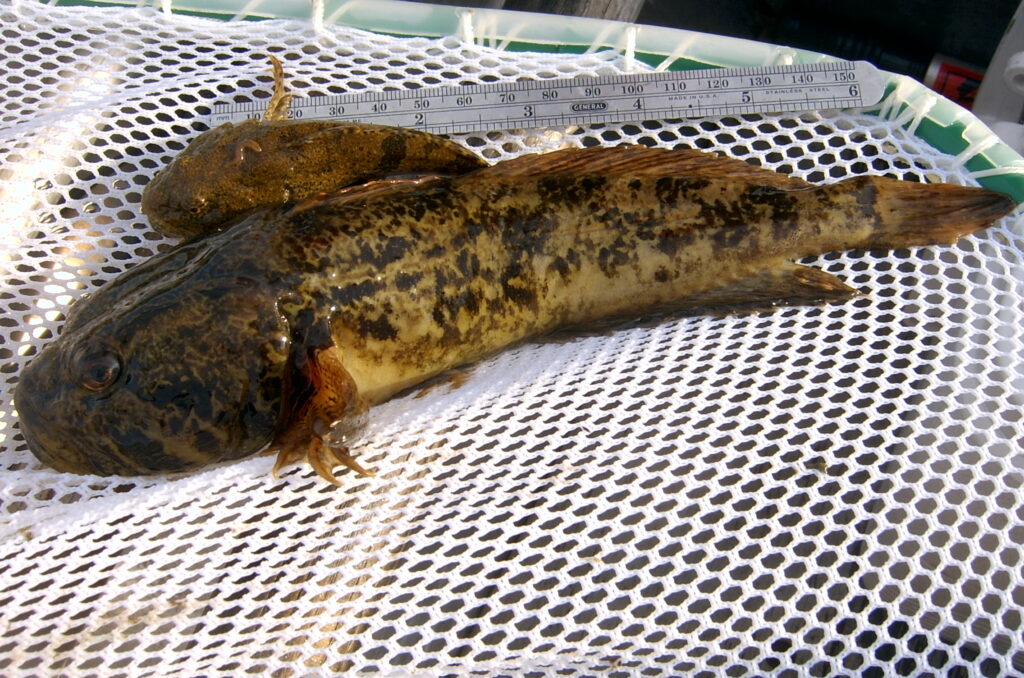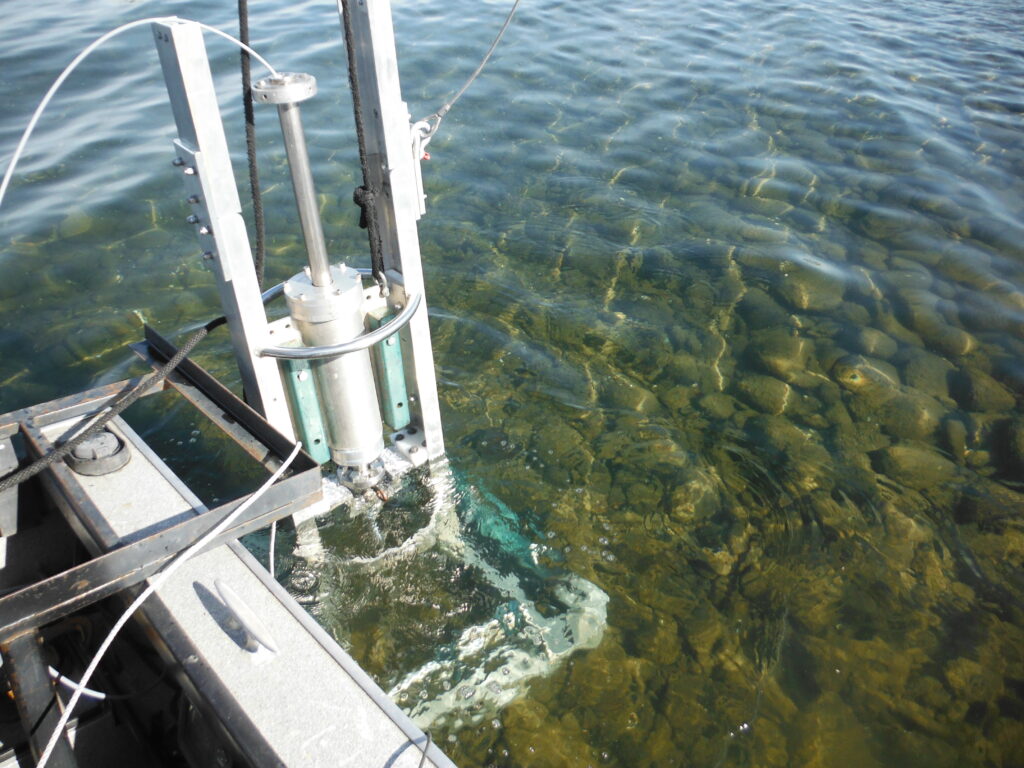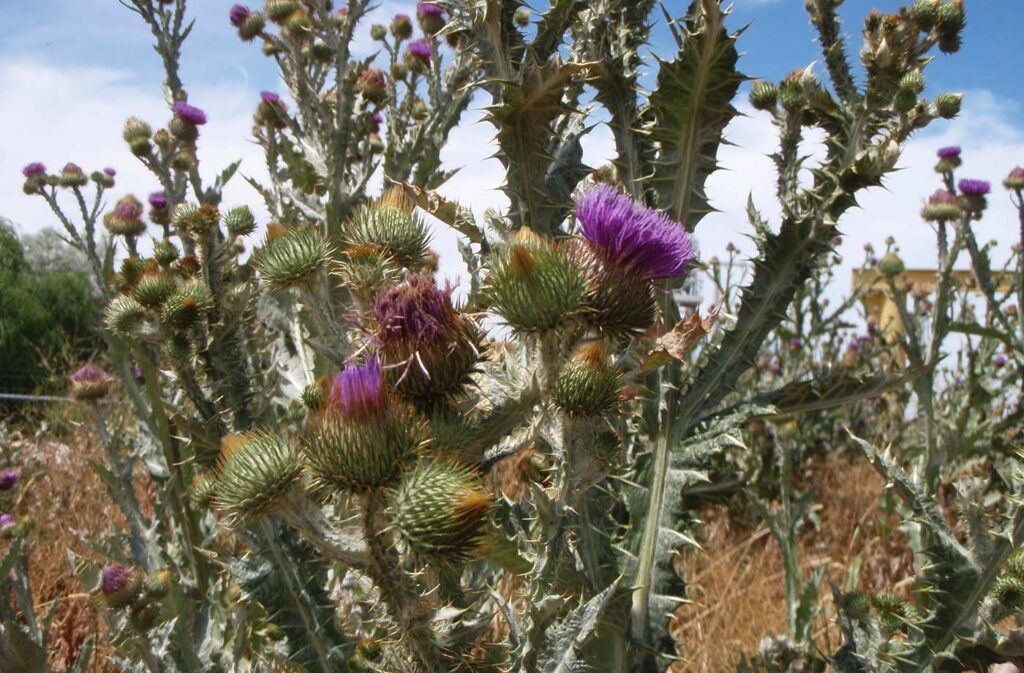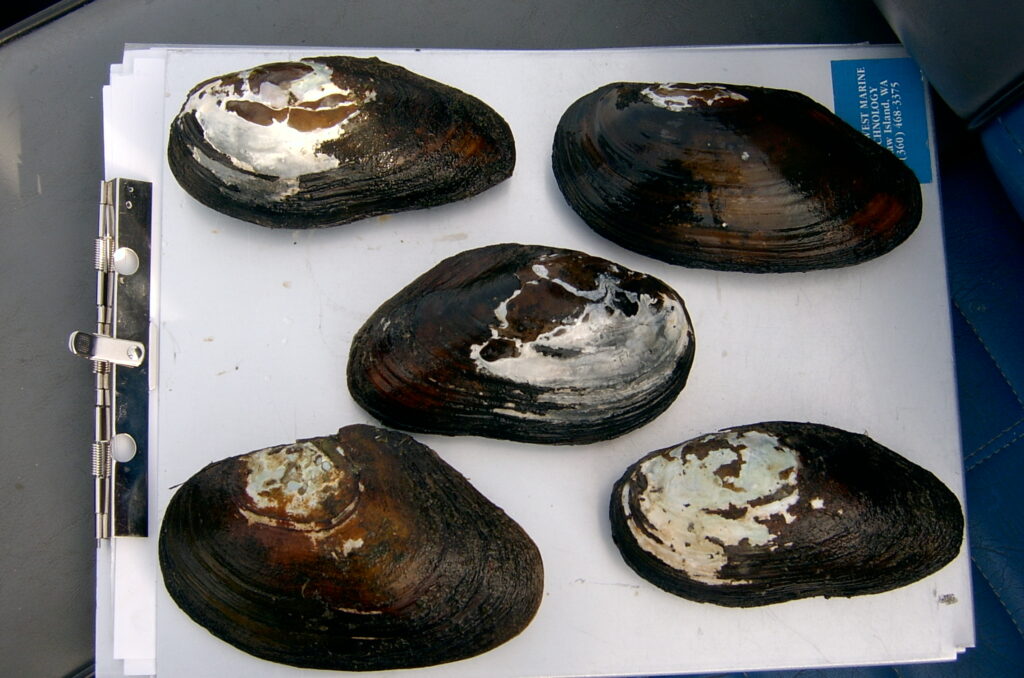ASSESSING EXPOSURE AND EFFECTS OF CONTAMINATED GROUNDWATER UPWELLING
Using Caged Clams to Assess the Exposure and Effects of Contaminated Groundwater Upwelling at Hanford Site near the Columbia River Researchers have detected concentrations of uranium, a contaminant of concern, in much of the shallow groundwater beneath the 300 Area of the Hanford Site near the Columbia River. Benthic organisms such as Asiatic clams are […]
ASSESSING EXPOSURE AND EFFECTS OF CONTAMINATED GROUNDWATER UPWELLING Read More »

